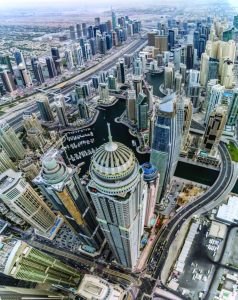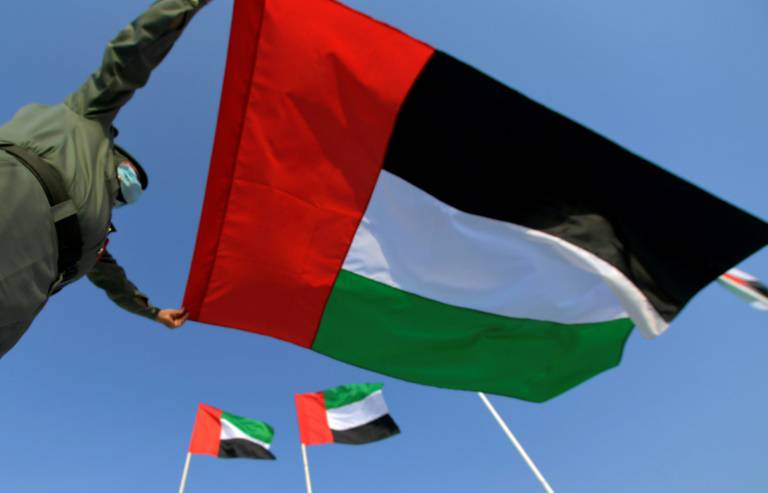The UAE plays a pivotal role in enhancing food security by launching the first regional center of excellence for food security, established in cooperation between the Ministry of Climate Change and Environment and the FAO. This center will drive innovation and strategic transformation in food systems across the region. The Ministry of Climate Change and Environment and Dubai Municipality are key partners in promoting sustainable agriculture and reducing food waste, reflecting the UAE’s commitment to food security and sustainability. The FAO’s national food security strategy 2051 aims to make the UAE a global leader by enhancing food system sustainability, increasing local production, ensuring food safety, and fully supporting the national program “Grow UAE” launched by His Highness Sheikh Mohammed bin Rashid Al Maktoum. One of the UAE’s adopted trends is the use of alternative proteins to boost food security.
Alternative proteins are protein sources derived from non-traditional animal sources such as meat, milk, and eggs, including plant-based proteins like beans, lentils, and chickpeas. The production of alternative proteins is still an emerging industry globally, especially in the Middle East and GCC countries. However, this field is gaining increasing attention and investment with strong government support, according to Hector Pellegrina, an economics professor at New York University Abu Dhabi, who focuses on agricultural trade and food security. He stated, “As consumer demand for alternative proteins continues to grow, the alternative protein industry is likely to continue evolving and expanding in the region.” Alternative proteins—plant-based, cell-cultured, or fermentation-produced meats—are designed to taste similar or better than traditional animal products at equal or lower costs.
Compared to traditionally produced proteins, alternative proteins require fewer inputs such as land and water and generate significantly fewer negative externalities, including greenhouse gas emissions, pollution, and other public health risks. Consumers today have many plant-based and fermentation-derived options, while other products like cultured meats are still mainly in development. Alternative proteins provide a more efficient, sustainable, and safer way to meet the growing global demand for meat. Global meat consumption is at an all-time high and is expected to increase by at least 50% by 2050. Thus, alternative proteins can modernize and diversify meat production methods, significantly reducing the environmental impacts of our diets and greenhouse gas emissions. They can feed more people with fewer resources, avoid contributing to rising antibiotic resistance and epidemic risks, and free wild and marine ecosystems to restore and recover biodiversity.
The UAE is also working on capacity-building programs and data analysis to enhance food security measures and align with best international practices, emphasizing global cooperation to address worldwide challenges related to food security, including climate change, conflicts, and economic crises, as 733 million people worldwide face hunger.













Recommended for you
Talib Al-Rifai Chronicles Kuwaiti Art Heritage in "Doukhi.. Tasaseem Al-Saba"
Exhibition City Completes About 80% of Preparations for the Damascus International Fair Launch
Unified Admission Applications Start Tuesday with 640 Students to be Accepted in Medicine
Egypt Post: We Have Over 10 Million Customers in Savings Accounts and Offer Daily, Monthly, and Annual Returns
His Highness Sheikh Isa bin Salman bin Hamad Al Khalifa Receives the United States Ambassador to the Kingdom of Bahrain
Al-Jaghbeer: The Industrial Sector Leads Economic Growth